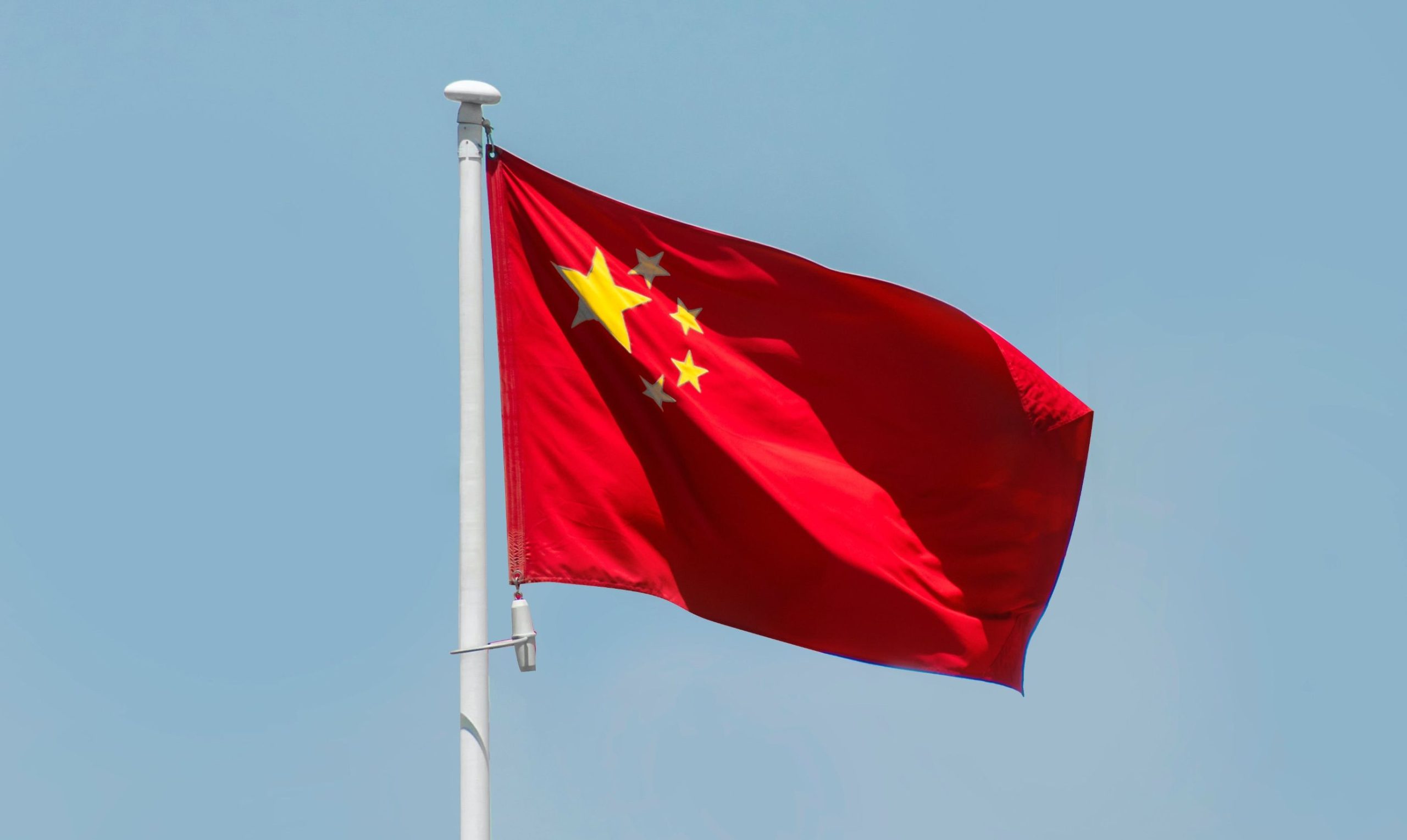China’s State Council has announced stringent new regulations governing the mining, processing, and trading of rare earth minerals, set to take effect on October 1st, in a move aimed at bolstering oversight of these critical resources.
Rare earths such as praseodymium, neodymium, terbium, and dysprosium, known for their magnetic properties essential in technologies like electric motors and wind turbines, will be subject to increased scrutiny under the new rules. Companies involved in the sector must adhere to a traceability system to accurately report their mining, processing, and export activities.
“The establishment of an information system for traceability of rare earths is crucial to ensuring transparency and accountability in their production and trade,” the State Council stated over the weekend.
China, which dominates global rare earth production and processing, plays a pivotal role in the supply chain for these materials. More than 60 percent of global mining and 87 percent of processing occurs in China, according to official estimates. The European Union, highly dependent on Chinese imports for rare earths, anticipates a substantial increase in demand over the coming decades.
Last year, China implemented similar measures for germanium and gallium, integral to semiconductor manufacturing, amid growing global concerns over supply security.
The latest regulatory move coincides with ongoing negotiations between China and the EU over electric vehicle tariffs. Earlier actions by China restricting graphite exports were perceived as a response to EU anti-dumping investigations into Chinese electric car imports.







